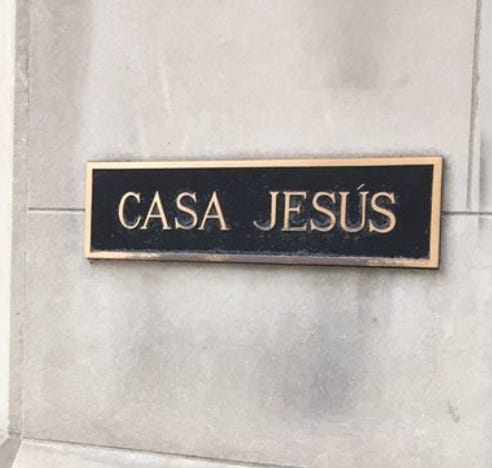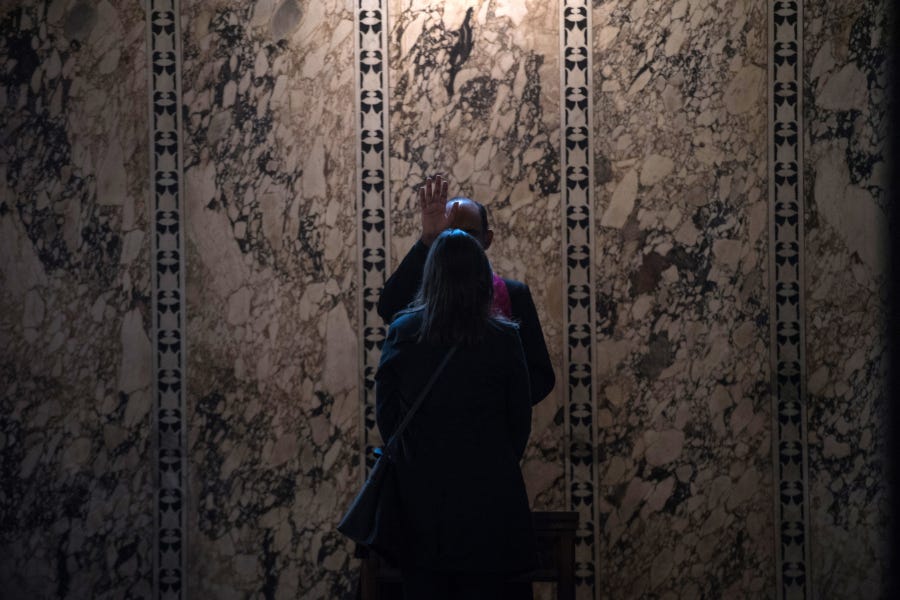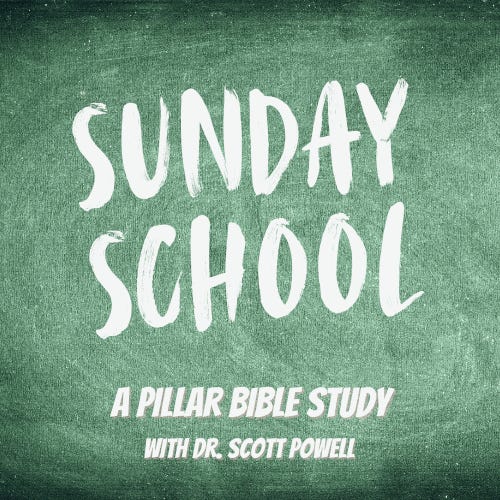North Dakota lawmakers have introduced a bill that would require priests to violate the seal of confession or face jail time in the state. The measure would remove the ministerial exception from mandatory reporting laws related to child abuse, requiring priests to report knowledge or suspicion of abuse even if it arose from the context of sacramental confession.
Senate Bill No. 2180, published on Jan. 12, would amend the state’s Century Code relating to mandatory reporting. It was introduced by state senators Judy Lee (R), Kathy Hogan (D), and Curt Kreun (R).
Under the current law, “a member of the clergy having knowledge of or reasonable cause to suspect a child is abused or neglected, or has died as a result of abuse or neglect, shall report the circumstances to the department if the knowledge or suspicion is derived from information received by that individual in that individual's official or professional capacity.”
A member of the clergy “is not required to report such circumstances if the knowledge or suspicion is derived from information received in the capacity of spiritual adviser,” a category that includes sacramental confession.
But SB 2180 would delete this exception, making it a failure to report suspected abuse or neglect, even if learned in the confessional, punishable by up to 30 days in prison and/or a fine of $1,500.
Christopher Dodson, executive director and general counsel for the North Dakota Catholic Conference, told The Pillar that the bill “comes as a surprise” and is “certainly a violation of our religious freedom.”
Dodson said that the state Catholic conference, which represents North Dakota’s two dioceses on matters of public policy, would “definitely oppose the bill.”
Senator Lee did not respond to requests for comment from The Pillar by time of posting.
North Dakota’s attorney general recently concluded an 18-month investigation into the state’s two dioceses, which had already identified instances of sexual abuse by priests dating back to the 1950s, 60s, and 70s.
Dodson told The Pillar that, if the bill to repeal the ministerial exception is intended as a response to the report, it “doesn’t make sense” and “is a reaction in the wrong direction.”
He said that the state’s two dioceses had already released the names of 53 priests found to be either credibly accused or guilty of abuse, and that the AG investigation had not found any cases of previously unreported abuse by diocesan clergy.
“There is no evidence to suggest this [change to the law] is necessary,” he said, adding that its introduction is a “disappointment to all Catholics” in the state.
The Catechism of the Catholic Church provides that “every priest who hears confessions is bound under severe penalties to keep absolute secrecy regarding the sins that his penitents have confessed to him.”
Canon law maintains the absolute prohibition on any violation of the seal of confession, and provides the harshest penalties for violations. Canon 1388 §1 states that “A confessor who directly violates the sacramental seal incurs an [automatic] excommunication reserved to the Apostolic See.”
Several civil jurisdictions both in the United States and other countries have attempted to pass similar legislation. In 2019, a similar attempt was made to remove the “ministerial exception” from state laws on mandatory reporting requirements. That bill was dropped in the face of concerted opposition from the state’s Catholic dioceses and religious freedom advocates.
While similar measures to the North Dakota bill have usually failed to make it to the floor of the legislature for a vote, often being abandoned in committee, Dodson explained to The Pillar that in North Dakota “every bill gets a hearing, and every bill goes to the floor for a vote.”
In September 2020, the Holy See responded to legislation in some Australian states to mandate that priests report knowledge of child abuse learned in the context of confession.
The Vatican noted that while combating child sexual abuse is a central concern of the Church, so too is the “long-standing and constant teaching of the Church on the inviolability of the sacramental seal, as something demanded by the nature of the sacrament itself and thus as deriving from Divine Law.”
Correction: This report originally listed Sen. Kathy Hogan as a Republican; she is a Democrat. The story has been changed to correct her affiliation.




